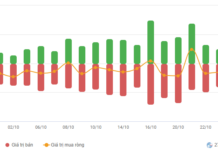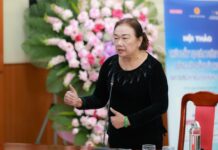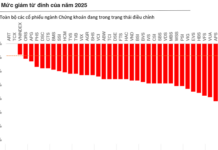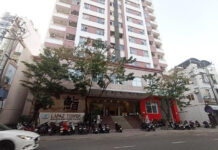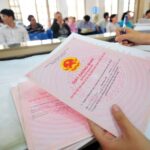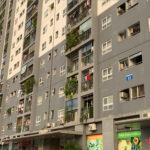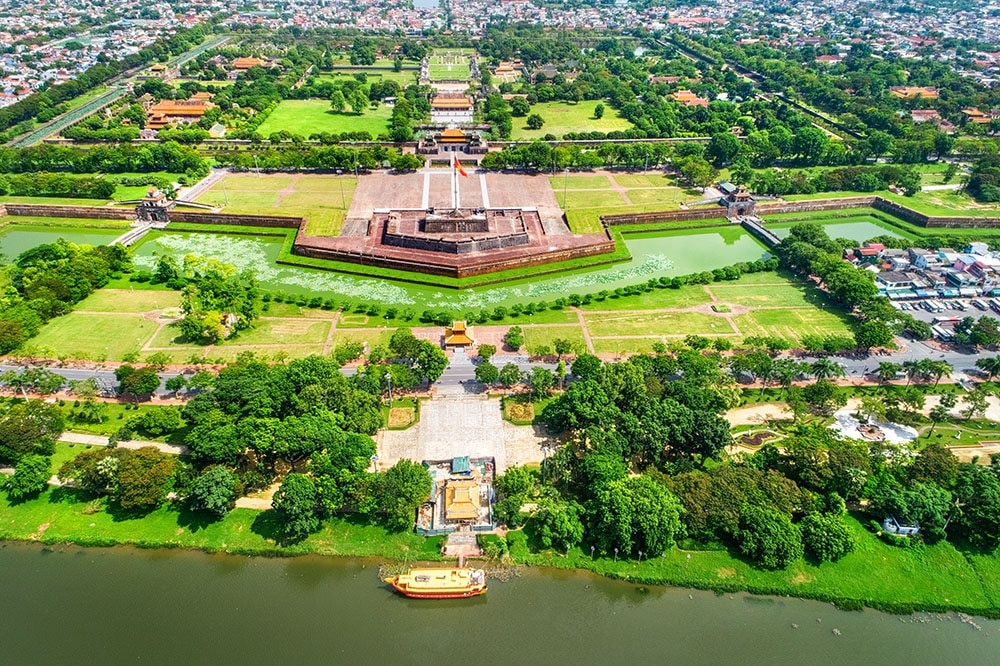
During the 8th session of the XV National Assembly, a discussion was held on October 31st regarding the proposal to establish Hue as a centrally-controlled municipality. The National Assembly deputies expressed their agreement and strong support for the proposal, stating that Hue deserves to become a centrally-controlled city.
Le Truong Luu, Secretary of the Provincial Party Committee, Chairman of the Provincial People’s Council, and Head of the Delegation of Deputies of Thua Thien Hue Province,
was quoted by
Bao Thua Thien Hue
as saying that Thua Thien Hue has achieved significant results in its efforts to become a centrally-controlled city.
These include developing an urban model that emphasizes heritage, ecology, landscape, environmental friendliness, and intelligence. Hue has also established itself as a national center for culture, tourism, education, healthcare, science, and technology. The province has made considerable strides in preserving and promoting its heritage sites, while also achieving decent economic growth and improving the material and spiritual lives of its citizens. National defense and security have also been ensured.
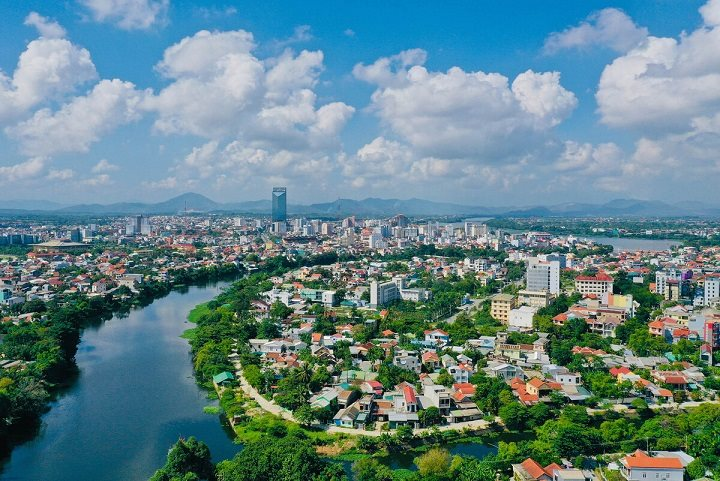
Pham Thi Thanh Tra, Minister of Home Affairs,
and a deputy of the National Assembly from Yen Bai Province, emphasized that the decision to elevate Thua Thien Hue to a centrally-controlled city is a major policy of the Party and the State. Over the years, the entire country has rallied behind Hue in pursuit of this goal.
Making Hue a centrally-controlled city will be a historic decision, shaping a unique Hue that contributes to the diversity of Vietnam’s centrally-controlled urban system. It will also play a pivotal role in propelling the country’s development in the future.
“I believe that now is the opportune time, and Hue has fulfilled all the conditions stipulated by law to become a centrally-controlled city,” said Ms. Pham Thi Thanh Tra.
Becoming a centrally-controlled city necessitates a shift in thinking, perception, and awareness. It requires a significant effort to align with the mindset of a large urban center.
Once the goal of becoming a centrally-controlled city is achieved, the central government will conduct an evaluation and continue to provide specific mechanisms and policies to support Hue.

Deputy Truong Trong Nghia of Ho Chi Minh City’s National Assembly delegation
pointed out the challenges and significant resource requirements of heritage conservation, emphasizing that local capabilities may not be sufficient. He suggested adding certain elements to the draft resolution of the National Assembly to provide a basis for the government to offer necessary support to Hue in its heritage conservation efforts.
He also expressed concern about the proposal’s association with urbanization and industrialization, cautioning that if not carefully managed, these processes could overshadow Hue’s role as a heritage city.
Hue Could Become Vietnam’s Sixth Centrally-Controlled City
On October 30th, the National Assembly heard a presentation and a report evaluating the proposal to establish Hue as a centrally-controlled city.
The proposal entails establishing Hue as a centrally-controlled city encompassing the entire area and population of Thua Thien Hue Province.
The proposed city of Hue would cover 4,947.11 square kilometers and be home to 1,236,393 people
. It would comprise 9 administrative units at the district level (2 districts, 3 townlets, and 4 rural districts), 133 administrative units at the commune level (78 communes, 48 wards, and 7 townships), and have an urbanization rate of 63.02% (779,207 people out of 1,236,393 people).
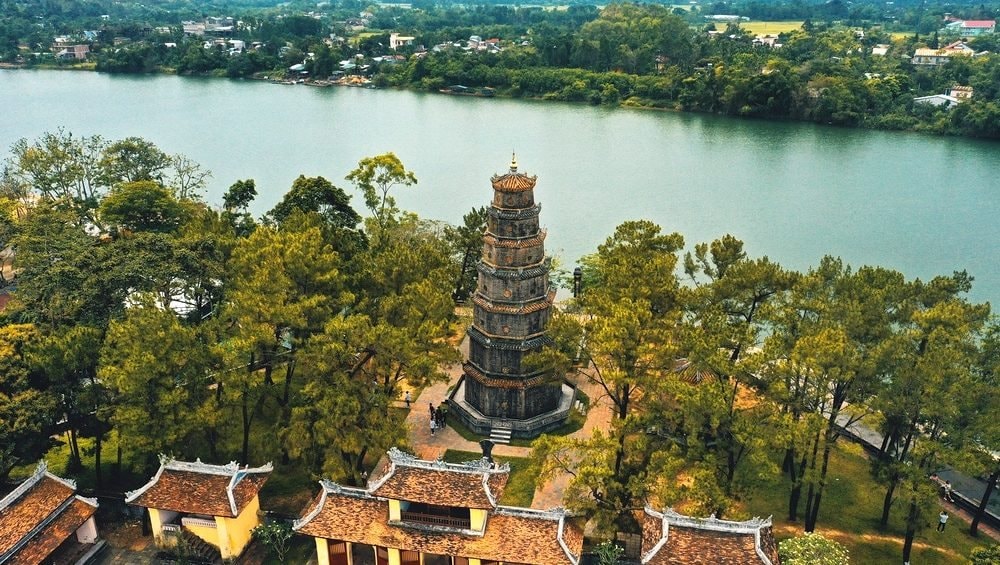
The proposal includes a thorough impact assessment, a plan for organizing the apparatus of political system organizations in the centrally-controlled city of Hue, and a roadmap for utilizing headquarters, public assets, and implementing specific policies in the area, all in accordance with regulations.
The Chairman of the National Assembly’s Committee for Legal Affairs, Hoang Thanh Tung, requested that the Government and central ministries and sectors facilitate the development of Hue as a centrally-controlled city once it is established.
This includes refining institutions and law enforcement to promote socio-economic development, create new breakthroughs based on local advantages and characteristics, and reduce disparities within the locality and between the central region and its periphery.
He also emphasized the importance of strengthening support and cooperation among provinces and cities to propel the development of Hue as a centrally-controlled city, solidifying its position as a prominent cultural, educational, tourist, and specialized healthcare hub in Vietnam and Southeast Asia.
If approved, Hue will become Vietnam’s sixth centrally-controlled city, joining Hanoi, Ho Chi Minh City, Hai Phong, Da Nang, and Can Tho.
A Journey to Strengthen Ties: Prime Minister Pham Minh Chinh’s Visit to Three Middle Eastern Nations
On the morning of October 27, Prime Minister Pham Minh Chinh and his wife, along with a high-level Vietnamese delegation, departed Hanoi for an official visit to the United Arab Emirates (UAE) and the State of Qatar. The delegation will also attend the 8th Future Investment Initiative Conference and will have a working visit to the Kingdom of Saudi Arabia from October 27 to November 1, 2024.
“Vietnamese Seafood Exports: Sustaining Market Share in Singapore”
Singapore’s top 15 seafood importers showcase a diverse range of suppliers, with Malaysia retaining its dominant position. Indonesia, Norway, and China also feature prominently, while Vietnam makes its mark by maintaining 5th place—a testament to the country’s growing presence in the industry.
The Red Book Blues: Unraveling the Mystery of Vietnam’s Land Ownership Exclusions
Article 151 of the Land Law 2024 outlines the circumstances under which individuals are ineligible to receive the Certificate of Land Use Rights and Ownership of Assets Attached to the Land (referred to as the Certificate). These circumstances encompass instances where the land user is ineligible and where the assets attached to the land are ineligible for certification.
The Ever-Changing Landscape of Hanoi’s Social Housing: From Affordable to a Few Billion Dreams
The Hanoi apartment market is experiencing a significant surge in prices, with social housing costs skyrocketing to a range of VND 40-45 million per square meter, and some units even exceeding VND 50 million. Prospective buyers are now facing the reality that purchasing social housing comes with a hefty price tag, requiring billions of VND to even enter the conversation. This unprecedented rise in prices has caught the attention of many, highlighting the changing landscape of the real estate market in Hanoi.





